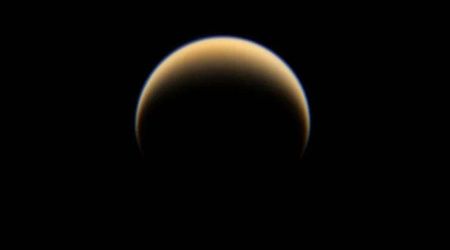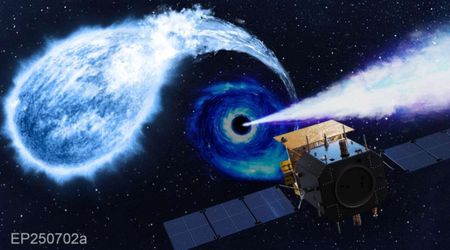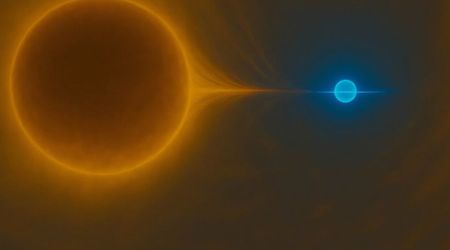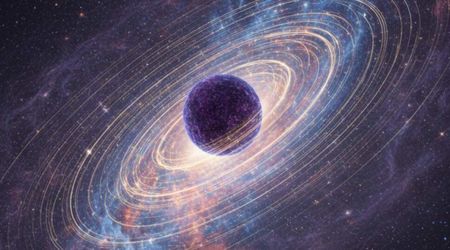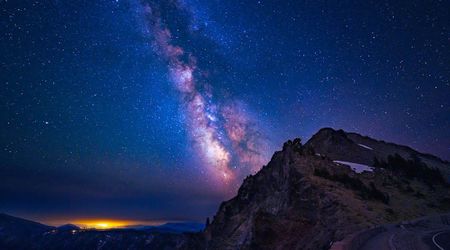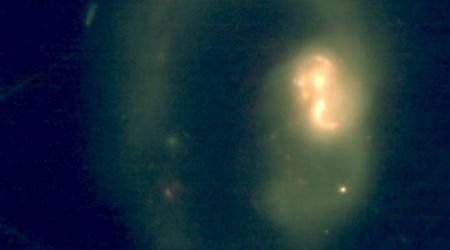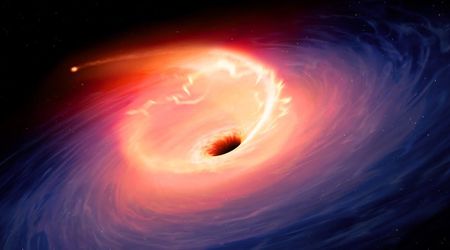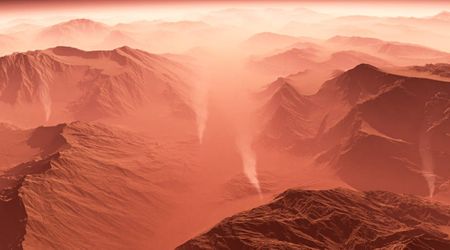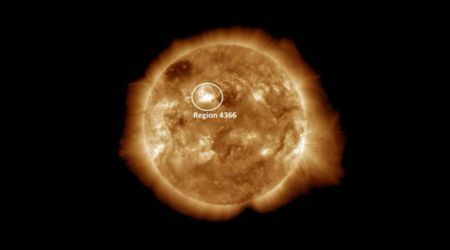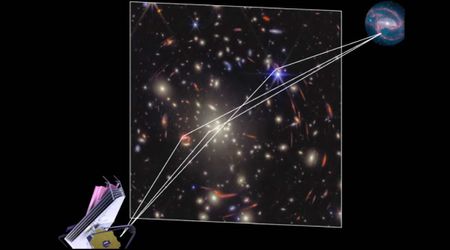What does space smell like? NASA experts reveal the surprising answer

The atmosphere that we find on Earth is missing in space, and it also affects the way astronauts conduct themselves in microgravity. According to NASA, the lack of air molecules hinders astronauts' ability to use their senses in the cosmos, including the sense of smell, beyond Earth's atmosphere. However, many space travelers have reported a strange, foul smell they would carry with them to their spacecraft after spacewalks.

So, what would it be like to smell celestial objects drifting in outer space? Does the cosmos possess a unique fragrance, or does its vacuum eliminate all scents, acting as a cosmic purifier? To answer these questions, experts, including astronauts, have shed light on the strange aroma around them whenever they step outside their spaceships or the International Space Station (ISS). Speaking to Live Science, Ofek Birnholtz, an astrophysicist at Bar-Ilan University in Israel, stated that since “direct exposure” to space could lead to someone losing their life, no one has ever had a firsthand experience of what space smells like.

Interestingly, whenever a space traveler steps outside of their vessel, the atomic oxygen present in the cosmos reacts with their spacesuits, according to the publication. As a result, their customized suits with metals on them begin to develop a distinct scent. After the astronauts perform extravehicular activities (EVAs), once they return to the spacecraft, their colleagues can take a whiff of it. And, mind you, it’s beyond your imagination.

Several space travelers have reported in the past how they would often smell like torched things after spacewalks. As per the outlet, they described the unexpected scent as similar to burnt steak and spent gunpowder. In a near-perfect vacuum, the astronauts also experienced a similar smell while opening the spacecraft’s airlock doors. The unique odor became more apparent once they removed their helmets and equipment.

“Space definitely has a smell that's different than anything else,” the publication quoted NASA astronaut Dominic Tony Antonelli after a 2009 spacewalk experience. The space agency commissioned a biochemist, Steve Pearce, to craft the space-like scent with the help of space travelers. The expert, who has never visited space, shared how astronauts compared it to “hot metal,” “burnt meat,” “burnt cakes,” “spent gunpowder,” and strangely, even “welding material.” The CEO of Omega Ingredients, Pearce, had thoroughly examined astronaut interviews before mimicking the odor.

Another expert described the scent as a mix of metal with a slightly sweet undertone. “The best description I can come up with is metallic; a rather pleasant, sweet metallic sensation. It reminded me of my college summers, where I labored for many hours with an arc welding torch, repairing heavy equipment for a small logging outfit. It reminded me of pleasant, sweet-smelling welding fumes. That is the smell of space,” NASA’s blog post quoted one of its astronauts, Don Pettit, as saying. They went on to explain that tiny space-borne particles that cling to astronauts in space eventually leave a residual odor.

Although there’s not enough evidence to conclude the origin of the smell, experts have offered scientific explanations. Emphasizing how space is not a perfect vacuum, Miranda Nelson, a spacewalk flight controller in Mission Control at NASA, told Live Science, “We're not actually talking about a volume that has no particles.” Among various explanations behind the cosmic phenomenon, the smell reportedly could well be a result of oxygen floating around the ISS, or the ultraviolet rays from the sun may split oxygen molecules (O?), dividing the atoms. “The other, much more fun theory is that it's the smell relating to stellar explosions — dying stars,” Nelson added. The existing research helped Pearce design and launch a superhit perfume named Eau de Space in 2020.
